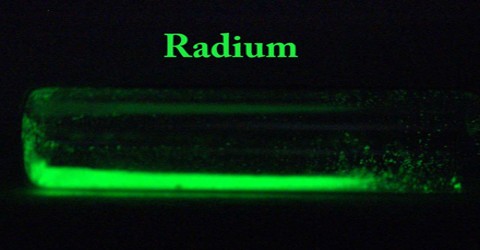

This medication may increase the risk of bone fractures. Tell your doctor right away if you have any serious side effects, including: easy bruising/bleeding, signs of kidney damage (such as change in amount of urine). Careful monitoring by your doctor may decrease your risk. However, you have been prescribed this drug because your doctor has judged that the benefit to you is greater than the risk of side effects. People using this medication may have serious side effects. Contact your doctor right away if you notice any symptoms of dehydration, such as unusual dry mouth/thirst, fast heartbeat or dizziness/ lightheadedness. The risk is increased if you have vomiting or diarrhea that doesn't stop, and you cannot drink normally. If any of these effects last or get worse, tell your doctor or pharmacist promptly.ĭehydration can occur. If any blood, urine, or stool gets on your clothing, wash the clothing right away and separately from your other clothing. Use medical gowns and gloves if you need to clean up any blood, urine, or stool. Afterward, wash your hands well with soap and water. When you are done, flush the toilet twice. To avoid splashing, sit down on the toilet seat each time you use the bathroom during the 1-week period after your injection. Consult your doctor or pharmacist if you have any questions.īecause this medication releases some radiation and may be present in the blood, urine, or stool for about 1 week after an injection, avoid contact with your blood, urine, or stool for at least 1 week after your treatment. To prevent dehydration, it is important to drink plenty of fluids while you are being treated with this drug. The dosage is based on your medical condition, weight, lab tests, and response to treatment. It is given as directed by your doctor, usually every 4 weeks for a total of 6 injections. This medication is given by slow injection into a vein by a health care professional.


 0 kommentar(er)
0 kommentar(er)
